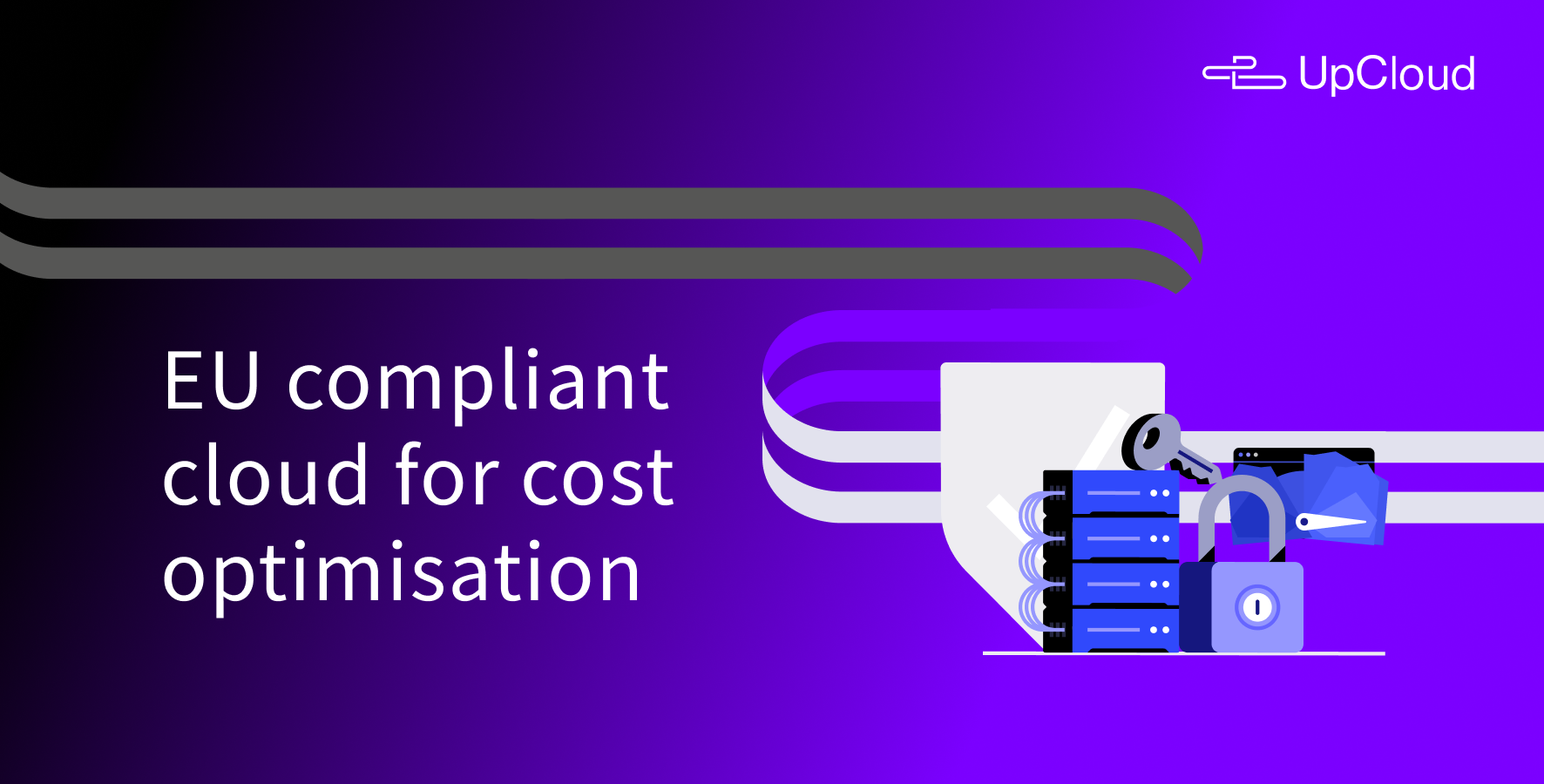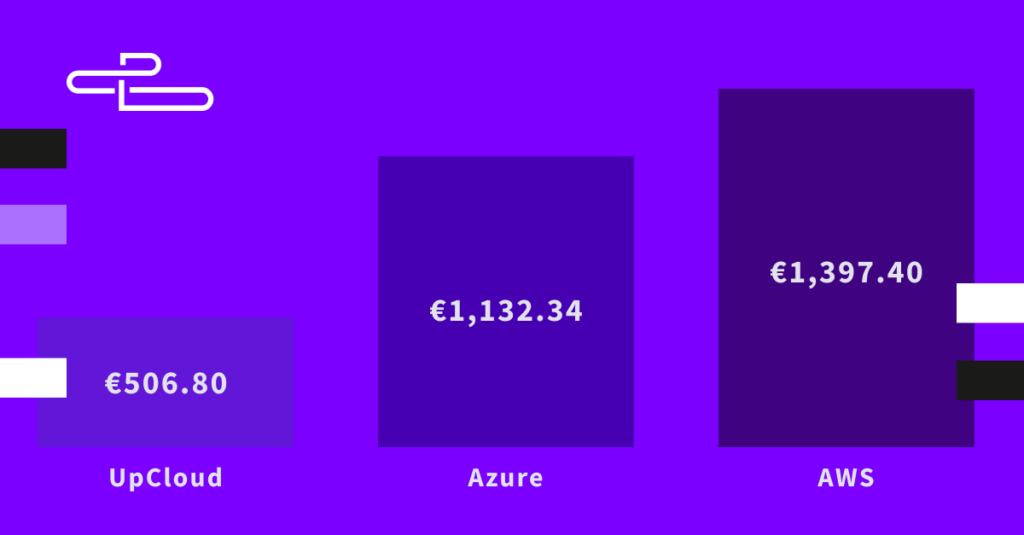In the current macroeconomic climate, businesses are constantly seeking ways to optimise costs without compromising on performance.
This goes beyond simply reducing expenses – it involves strategic resource allocation, efficient utilisation, and leveraging the right technologies to maximise revenue and protect reputation. Ensuring regulatory compliance is a crucial aspect of this process, which mitigates legal risks and plays a significant role bolstering the bottom line.
When it comes to cloud, global businesses must adhere to regulatory requirements of the market in which they are operating. In the EU this means complying with GDPR rules and data protection requirements. For businesses looking to minimise risk, selecting a European based provider remains the safest bet, with providers better informed and established on the intricacies of ensuring European regulation.
Revenue Protection
Ensuring regulatory compliance plays a pivotal role in protecting a business’s revenue by safeguarding it against regulatory penalties. In recent times, regulatory boards have upped the ante when it comes to GDPR compliance and data sovereignty – handing out astronomical fines to global enterprises.
For industry giants such as Meta, these penalties reflect a bump in the road however, for small and medium businesses these fines, and the subsequent legal consequences, can significantly impact a company’s financial standing.
By selecting a trusted EU cloud provider, companies can safeguard profit by protecting against the costly aftermath of data breaches and associated remediation expenses. By prioritising regulatory compliance, businesses are proactively mitigating risks and protecting future profits.
Reputation
To maintain a competitive edge in the market, businesses rely on their reputation to retain and attract customers. However, when tarnished by instances of malpractice and non-compliance this can have a profound and lasting impact on a business’s reputation in the market and erode customer confidence.
The fallout from a data breach may also lead to sharp drops in customer retention, as individuals choose to take their business elsewhere, seeking companies with stronger data security measures. As the market has shown, rebuilding a damaged reputation takes time, resources, and money to regain trust through transparency, improved security practices, and effective communication.
When selecting an EU cloud provider that can ensure compliance, companies are establishing themselves as a trusted partner and building better relationships with end users, offering assurance when it comes to their sensitive data.
Resources
Although investing in a compliant cloud comes at a cost, the return on investment far exceeds this – with businesses able to free up resources to focus on activities which strengthen revenue generation. Businesses can save time and effort by ensuring GDPR compliance out of the box on selecting a trusted cloud provider.
Internal teams can redirect their energy towards revenue-generating initiatives and instil confidence in customers and partners, leading to increased trust and business opportunities. Ultimately, the cost savings achieved through efficient resource management and the potential for revenue growth make investing in compliant cloud services a strategic decision for long-term business success.
–
As mentioned in our previous blog, growth businesses are feeling the pressure to cut costs, but ensuring a compliant cloud should be seen as an opportunity to optimise profits while navigating future risks.
Interested in finding out more? Reach out to our team today!


